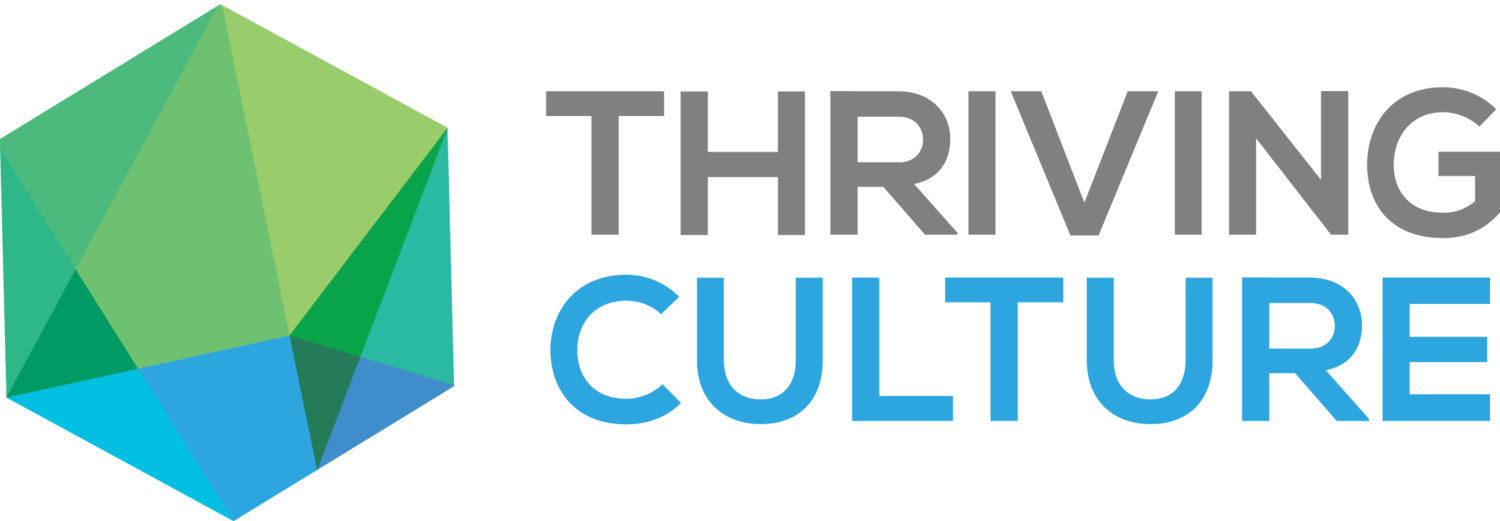Navigating Diversity, Equity, & Inclusion (DEI) Work: Challenges & Cultivating Cultural Intelligence
In today's interconnected and diverse world, the importance of diversity, equity, and inclusion (DEI) cannot be overstated. DEI work strives to create more equitable and inclusive societies by addressing systemic inequalities and promoting an environment where everyone feels valued and respected. However, navigating DEI work comes with its unique set of challenges, requiring practitioners to adapt, empathize, and embrace cultural intelligence. In this blog, we explore the complexities of DEI work and delve into the significance of cultural intelligence in fostering meaningful change.
DEI (Diversity, Equity, and Inclusion) work can be perceived as harder than other types of work for several reasons, but it's essential to recognize that the difficulty may vary depending on the context and the specific challenges faced.
Despite the challenging dynamics explained below, DEI work is vital for creating more equitable and inclusive societies. It requires dedication, empathy, collaboration, and a commitment to ongoing learning and growth. The difficulty of DEI work should not discourage efforts but rather highlight the importance of recognizing and addressing these challenges to create lasting change.
Here are some reasons why DEI work can be considered harder:
Complexity and nuance:
Diversity, equity, and inclusion encompass a broad spectrum of issues, from race and gender disparities to discrimination based on ethnicity, sexual orientation, disability, and more. To develop effective solutions, it's crucial to understand the historical context and the intricate interplay of various factors. Kimberlé Crenshaw's TED Talk on "The Urgency of Intersectionality" provides valuable insights into this complex interconnection of identities and experiences. By acknowledging intersectionality, we can better grasp the unique challenges individuals with multiple marginalized identities face and tailor our efforts accordingly.
Resistance to change:
Introducing DEI initiatives might encounter resistance from individuals and organizations not accustomed to confronting bias and discrimination. To overcome this resistance, learning effective strategies is essential. Chip Heath and Dan Heath's book "Switch: How to Change Things When Change Is Hard" offers practical guidance on navigating resistance and facilitating transformative change. Emphasizing the benefits of inclusion and diversity, such as improved creativity and innovation, can help build support for DEI efforts.
Emotional labor:
DEI work involves engaging with individuals who have experienced discrimination, which can be emotionally taxing. Practitioners must practice self-care and emotional intelligence (EQ) to sustain their commitment to this crucial work. Resources like the Emotional Intelligence Toolkit can assist in understanding and managing emotions effectively, ensuring that DEI advocates can remain empathetic and compassionate in their endeavors.
Constant adaptation:
Cultural norms and social dynamics continually evolve, necessitating a continuous learning approach to DEI work. Developing cultural intelligence enables individuals to work effectively across diverse cultures, promoting understanding and collaboration. The Cultural Intelligence Center provides resources and assessments to cultivate cultural intelligence, empowering practitioners to adapt and engage thoughtfully in dynamic environments.
Balancing multiple perspectives:
Navigating different viewpoints in DEI work requires empathy and active listening. Creating safe spaces for dialogue and fostering an environment where all voices are heard is essential. The book "Crucial Conversations: Tools for Talking When Stakes Are High" offers practical insights into navigating difficult conversations and promoting constructive dialogue among diverse perspectives.
Measuring success:
Evaluating the impact of DEI initiatives can be challenging due to the complex nature of the issues involved. Utilizing metrics and data-driven approaches is crucial for measuring progress effectively. The Diversity and Inclusion Metrics Guide by the Society for Human Resource Management provides valuable guidance on tracking DEI outcomes and assessing the effectiveness of initiatives.
Lack of resources:
Advocating for DEI initiatives might require creative solutions to overcome resource limitations. Collaborating with like-minded organizations and exploring grant opportunities can help fund essential projects. The DEI Funding Guide by Change Catalyst offers an extensive list of funding sources for DEI-related initiatives, aiding practitioners in securing the support needed to drive meaningful change.
Diversity, equity, and inclusion work present formidable challenges, but the rewards of fostering more inclusive and equitable societies are immeasurable. By embracing cultural intelligence and Thriving Culture’s globally-proven methodology on organizational cultural intelligence and culture change, DEI advocates and executive leaders can navigate the complexities of diversity, adapt to changing landscapes, and foster dialogue that promotes understanding and collaboration. As we continue on this journey, let us remain steadfast in our commitment to creating a world where every individual's unique contributions are celebrated and valued. Together, we can drive positive change and create a brighter, more inclusive future for all.
